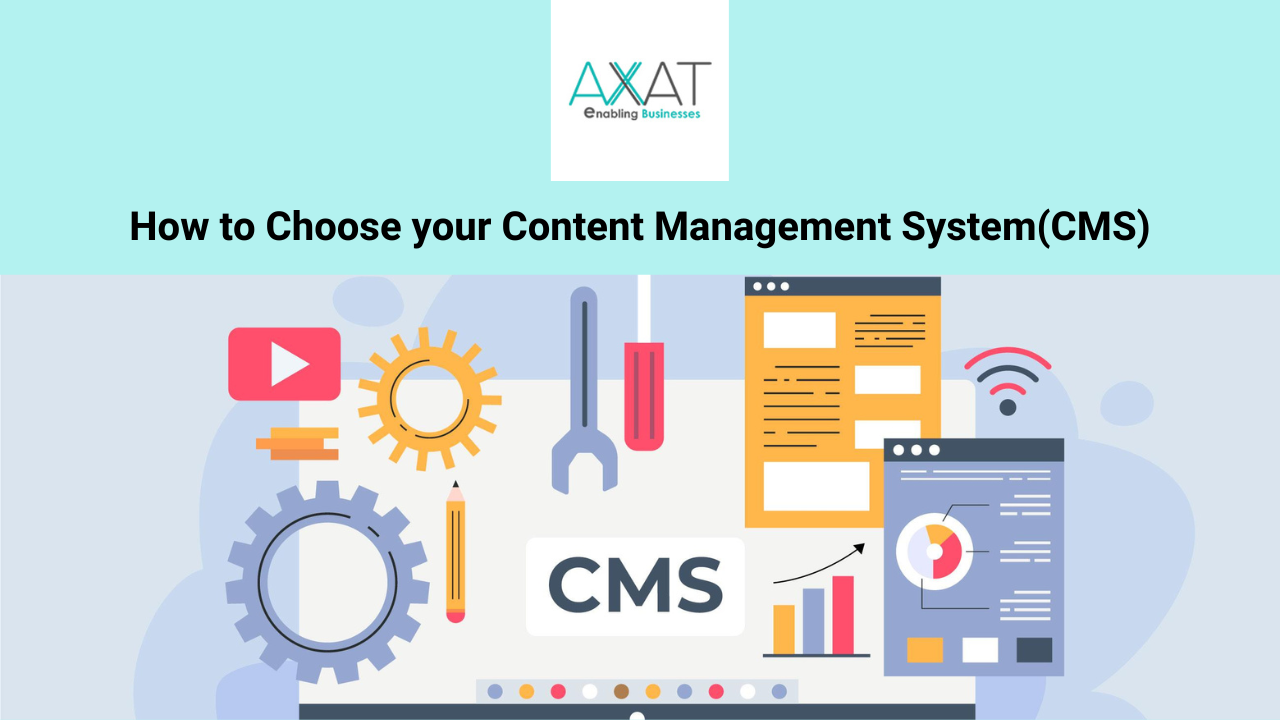Choosing the right Content Management System (CMS) is a critical decision for anyone looking to build a website or manage digital content effectively. There are several factors to consider when selecting a CMS that suits your needs. Here's a step-by-step guide to help you make an informed decision:
Define your requirements: Start by understanding your project's specific needs and goals. List down the essential features and functionalities you require in a CMS. Consider factors like the type of content you'll be managing (blogs, e-commerce, news articles, etc.), user roles and permissions, scalability, ease of use, and any other specific requirements unique to your project.
Ease of use: A user-friendly CMS is essential, especially if you don't have extensive technical knowledge. Look for a CMS with an intuitive interface and easy-to-understand controls. Some CMS platforms offer drag-and-drop functionality, making content management more straightforward.
Scalability and flexibility: Consider the potential growth of your website or project. Ensure the CMS you choose can handle your future requirements. Look for a CMS that supports various plugins, themes, and extensions, which will allow you to expand and adapt your website as needed.
Supported content types: Different CMS platforms are optimized for various types of content. Some may be better suited for blogging, while others are more focused on e-commerce or multimedia content. Choose a CMS that aligns with the type of content you plan to create and manage.
Security: Website security is crucial to protect your data and your users' information. Ensure the CMS you choose has a track record of regular updates and security patches. Additionally, check if the CMS allows for secure user authentication and data encryption.
SEO features: Search Engine Optimization (SEO) is vital for improving your website's visibility on search engines. Choose a CMS that offers built-in SEO tools or allows for easy integration with popular SEO plugins.
Community and support: Opt for a CMS with an active and supportive community. Having a strong user base means access to extensive documentation, tutorials, forums, and troubleshooting resources.
Performance: Website loading speed and performance are critical factors for user experience and search engine rankings. Ensure the CMS you choose is optimized for performance and consider hosting requirements as well.
Cost and budget: CMS platforms vary in terms of cost. Some are open-source and free to use, while others require licensing fees or subscription costs. Consider your budget and evaluate the value offered by the CMS compared to its cost.
Mobile responsiveness: With a growing number of users accessing the internet through mobile devices, it's crucial to have a CMS that supports responsive web design.
Integration capabilities: Integration capabilities are an essential consideration when choosing a Content Management System (CMS). Many websites and businesses rely on a variety of tools, services, and third-party applications to enhance their website's functionality and streamline their workflow.
Try demos and trials: Before making a final decision, test the CMS platforms you're interested in. Many CMS providers offer free trials or demos, allowing you to get a feel for the system and its features.
Final Thoughts
Popular CMS options include WordPress, Joomla, Drupal, and many more. Each CMS has its strengths and weaknesses, so take your time to research and compare them based on the factors mentioned above to find the best fit for your project. Selecting the right Content Management System (CMS) is a pivotal decision that can significantly influence the success of your website or digital content management strategy.
